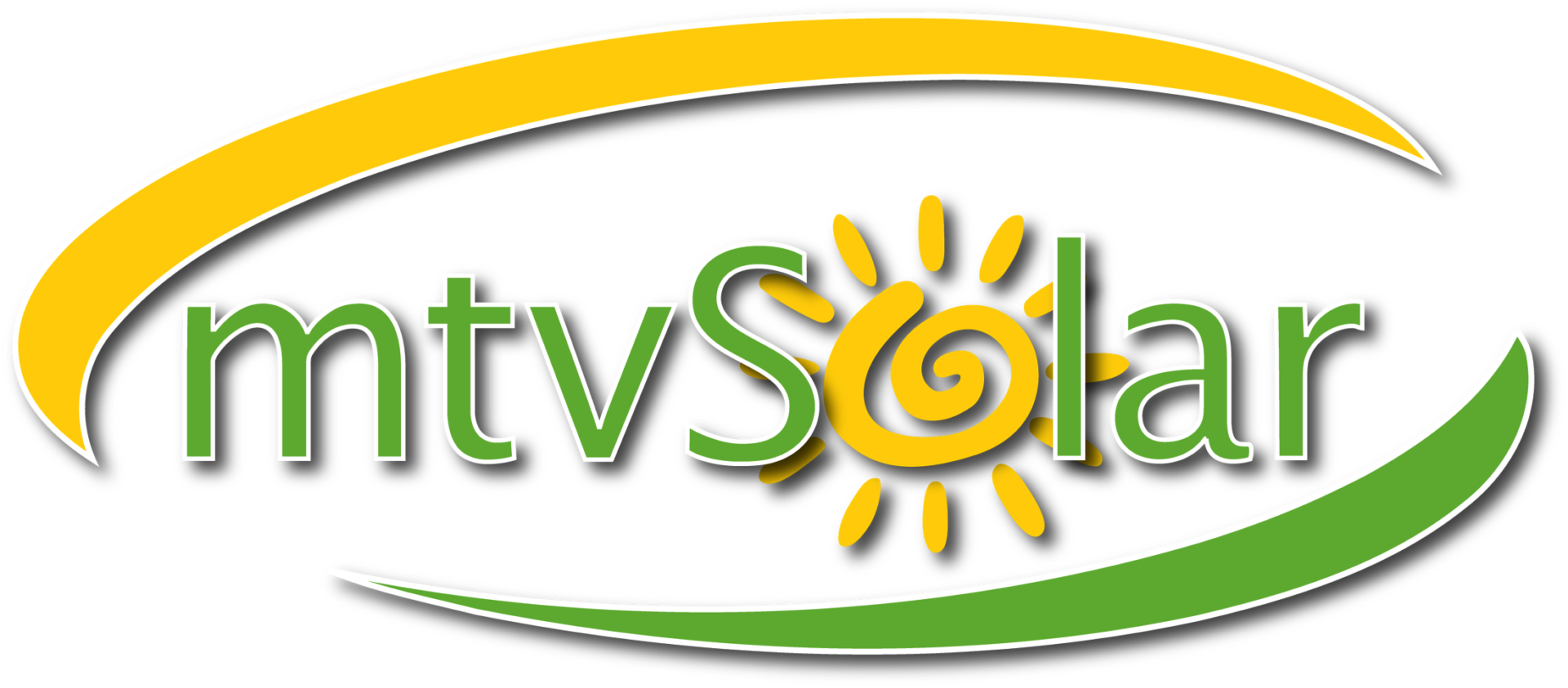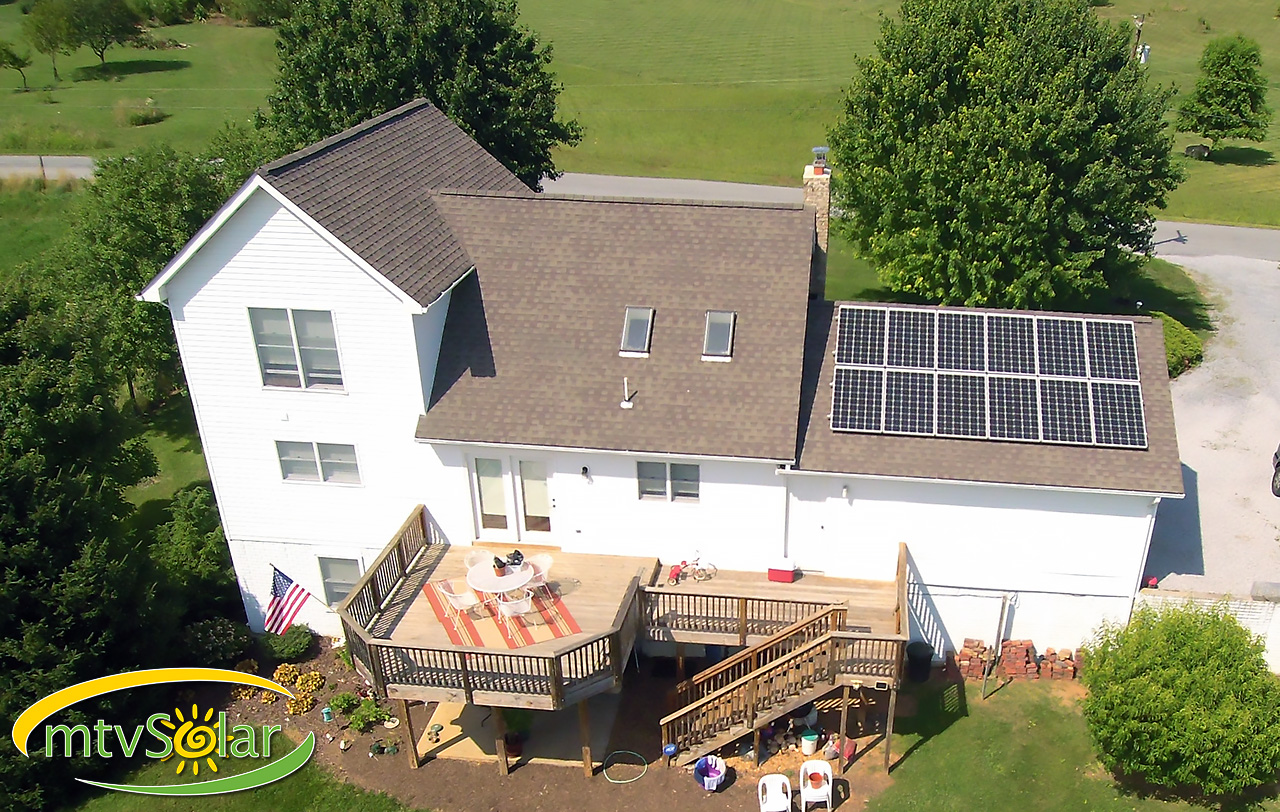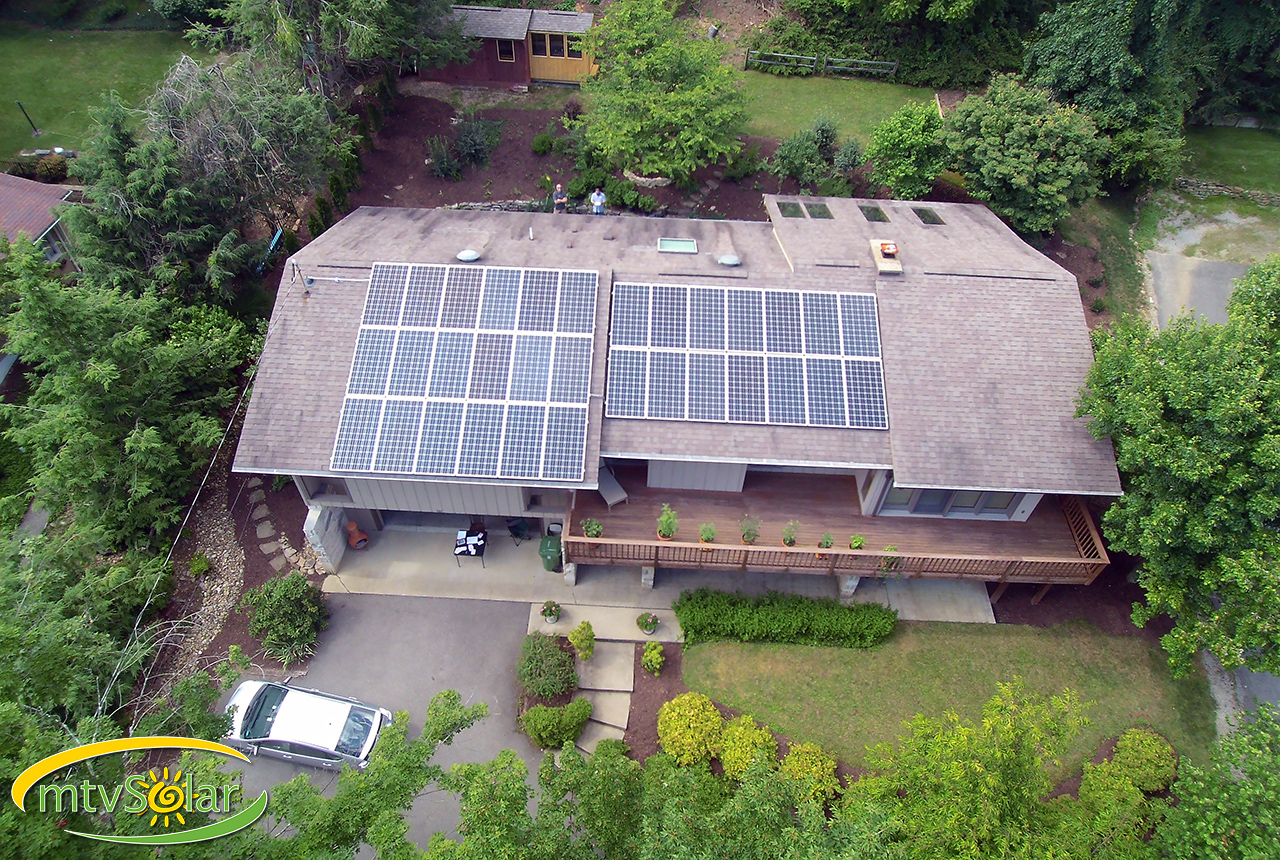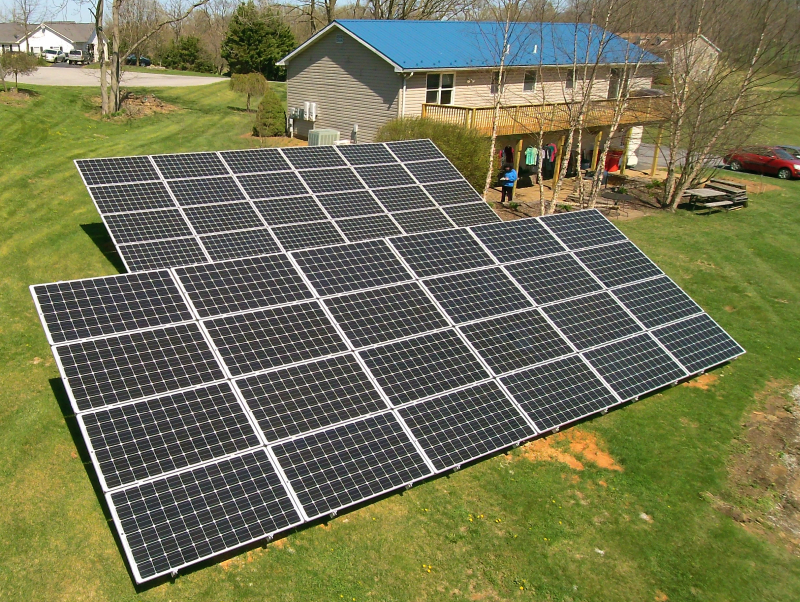The solar industry continues to soar, despite occasional efforts to quell that growth. Right-to-access laws in specific states help deal with the situation, though HOA rules can still get in the way of allowing households to install solar panels, at least at first.
Some lawsuits have gone forward against local HOA’s in specific states as a result, and with right-to-access laws the homeowner generally wins. Without right-to-access laws, home owner’s associations still have the right to deny you the ability to start using solar power on your home and the best approach will be education.
Fortunately, 25 states have right-to-access laws in place. In this blog, we want to focus on four key states with specific impact: West Virginia, Virginia, Maryland, and Pennsylvania. Take a look at the laws detailed below if you’re covered by an HOA and are considering solar.
 Right-to-Access Laws in West Virginia
Right-to-Access Laws in West Virginia
West Virginia may be trailing behind other states in solar adoption, but they do have effective right-to-access laws for protection from HOA rules against solar.
It’s recently noted that West Virginia has a lot more room to grow in solar capacity. They still have room for 2 GW of urban utility scale photovoltaics. The state also has extra room for 35 GW of rural utility scale photovoltaics.
Despite West Virginia repealing their renewable energy standard, they did pass legislation six years ago to make it easier to go solar despite some HOA rules. Prior to 2012, many people had roadblocks to solar technology because of their local home owner’s association rules.
This new law voids all restrictions, even though you still need to work with your HOA on installation requirements, mostly for aesthetics.
Many state financial incentives for investing in solar in West Virginia ended, however West Virginia does have 1-to-1 net metering and you can take the Federal tax credit. Even though WV has some of the lowest electricity rates in the country, you can potentially reduce your utility bill to nothing using solar technology in the state and save many thousands over the life of the system.
 Right-to-Access Laws in Virginia
Right-to-Access Laws in Virginia
Virginia’s commitment to solar is growing fast. Four years ago, they only had enough solar energy in the state to power 1,400 homes. New utility scale solar projects are already under construction, including some with a capacity of 400 MW. These are going to be operational by the turn of the decade to supply power to an incredible 100,000 homes.
Not only is Virginia on board with solar, but they also have right-to-access laws to help with the process. Some of them have become very helpful in finally blocking the restrictions HOA’s placed on homeowners.
A new solar mandate law says that 15% of the state’s energy must be renewable by 2025. By 2021, this should top out at 12%. Along with a new law providing a Virginia Solar Energy Development Authority, the state has powerful backing for those wanting to install solar panels now on their homes.
Keep in mind local HOAs can still impose restrictions on the size, place, and placement of solar devices on or around your house. Yet, the limitations have to stay within reason. You won’t find too many restrictions in Virginia for bringing the power of solar to your home.
 Right-to-Access Laws in Maryland
Right-to-Access Laws in Maryland
Maryland is already known for being one of the greenest states in America. Thanks to their own mandate to have 25% renewable energy by 2025 (like Virginia), their right-to-access law provides similar protections.
The bill, HB 117, specifically limits the power of local municipalities and homeowners associations from regulating or prohibiting renewable energy systems like water, wind, and solar energy.
Solar easements are one of those major financial gifts. These are unique because it gives you a “right to sunlight” for energy production.
Some HOA’s can still have minor limitations on placement of solar panels, though you’re not going to find too many other restrictions.
Financial incentives go far beyond many other states. They have a local state rebate program, giving you back up to $1,000 if you invest in solar technology. This clean energy grant further enhances the ROI. Another part of this includes eliminating property taxes on your solar infrastructure.
In addition to full 1-to-1 net metering, you can sell your excess solar production to utility companies for profit, albeit at the wholesale rate.

Right-to-Access Laws in Pennsylvania
Pennsylvania is a bit behind in that they don’t have a right-to-access law at the moment. This might change in the future as more states bring these laws to fruition to help homeowners save on their energy bills.
In the meantime, if you want to set up solar panels in Pennsylvania, you may encounter significant HOA roadblocks. Over the last five years, many municipalities worked hard to establish new rules to avoid entanglements in setting up solar panels.mtvSolar will be happy to work with your local HOA to further explain solar and its aesthetic options to remove those potential roadblocks.
Six municipalities have since established new policies to guide people forward on solar use. Despite the lack of right-to-access laws, the use of solar technology here is not a bleak picture by any means. Guidelines on installations are a major factor in Pennsylvania since some neighborhood HOAs are concerned about the aesthetics. Many residents in the state recognize the value of solar, though, as opposed to any other investment and so these rules are slowly evolving.
Since so many people in PA are new to the process, it’s simply going to take time to implement new rules so installations can be done in an acceptable manner without too much resistance from HOAs.
On the bright side, net metering is available, allowing solar users to directly lower their utility bills, and the Federal tax credit is also available.
Contact us to learn about how we can help you go solar if you live in the WV, MD, PA and VA area. We’re one of the longest lasting and most experienced solar installers in this region of America. We’ll be proud to help you go solar, regardless of your right-to-access laws.


 Right-to-Access Laws in West Virginia
Right-to-Access Laws in West Virginia Right-to-Access Laws in Virginia
Right-to-Access Laws in Virginia Right-to-Access Laws in Maryland
Right-to-Access Laws in Maryland